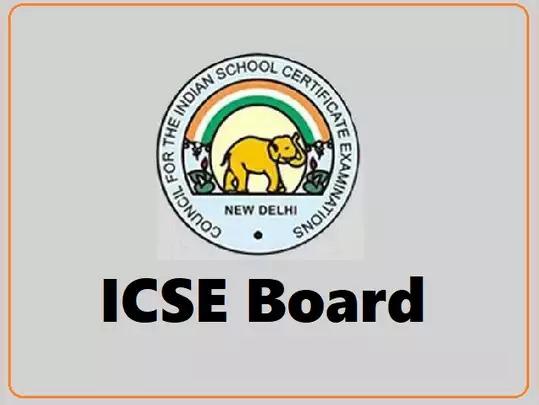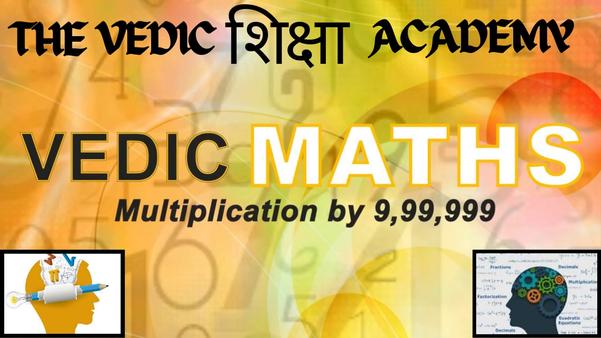VEDIC FOUNDATIONS ( 8th - 10th)
Foundation courses are designed to provide students with a strong academic base and essential skills necessary for success in higher education and beyond. These courses typically focus on core subjects such as mathematics, science, language, and social studies, while also emphasizing critical thinking, problem-solving, and communication skills. Foundation courses are often offered at the secondary school level or as preparatory programs for students transitioning to higher education. Here are some key aspects of foundation courses:Core Subjects: Foundation courses cover fundamental subjects such as mathematics, science (physics, chemistry, biology), language (English, regional languages), and social studies (history, geography, civics). These subjects form the basis of a well-rounded education and provide students with a broad understanding of key concepts and principles.Conceptual Understanding: Foundation courses focus on developing a strong conceptual understanding of various topics and subjects. Rather than rote memorization, emphasis is placed on understanding fundamental principles, theories, and relationships, which form the basis for higher-level learning and critical thinking.Critical Thinking and Problem-Solving: Foundation courses promote critical thinking skills by encouraging students to analyze, evaluate, and synthesize information from different sources. Problem-solving skills are also emphasized, with students learning to apply logical reasoning and systematic approaches to solve complex problems across different subjects.Communication Skills: Effective communication skills are essential for academic success and professional development. Foundation courses help students develop their communication skills, including reading, writing, speaking, and listening, through various activities such as discussions, presentations, and written assignments.Holistic Development: In addition to academic subjects, foundation courses also focus on the holistic development of students, including their social, emotional, and personal growth. Students are encouraged to develop self-awareness, resilience, empathy, and other essential life skills that contribute to their overall well-being and success. ...
View More









